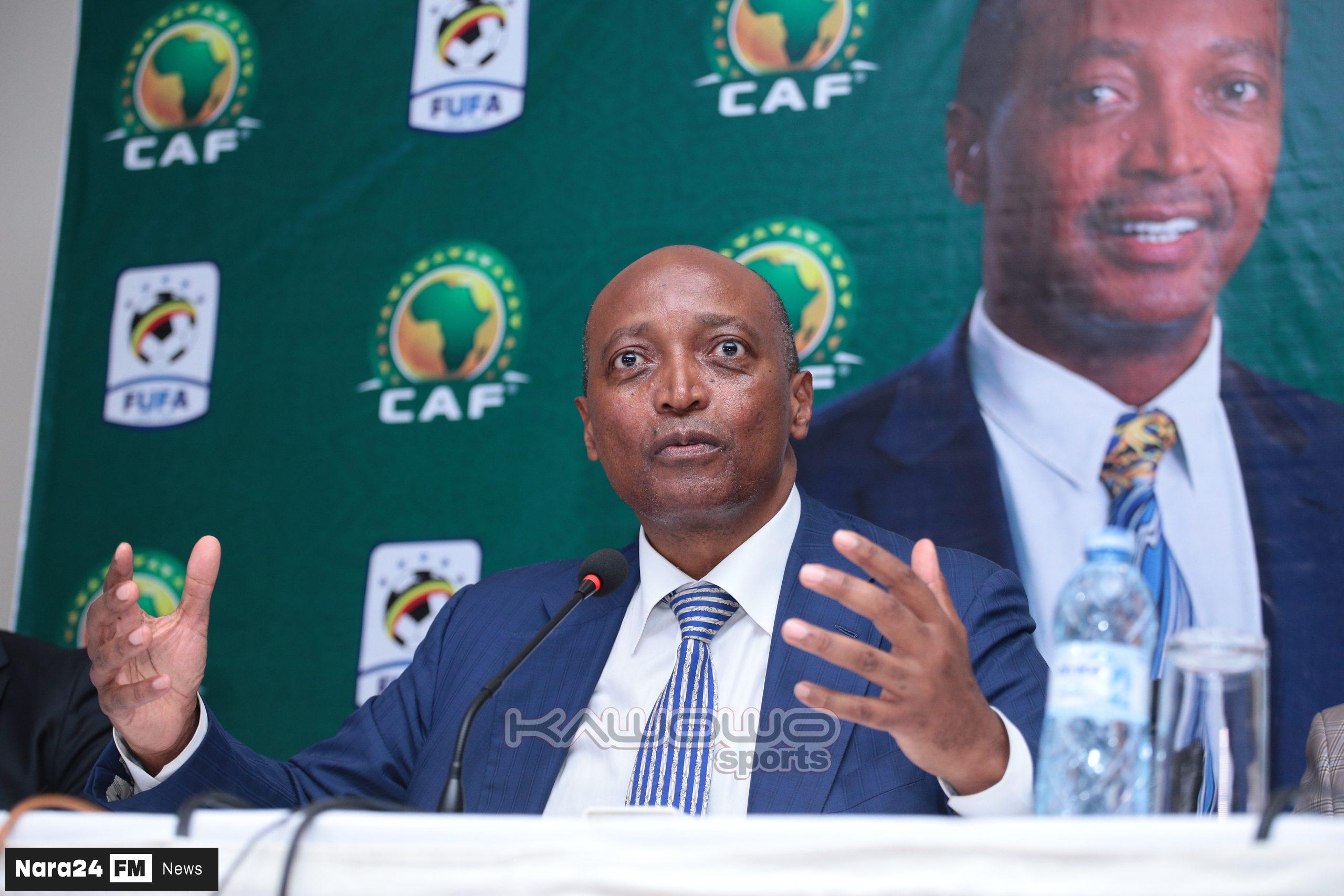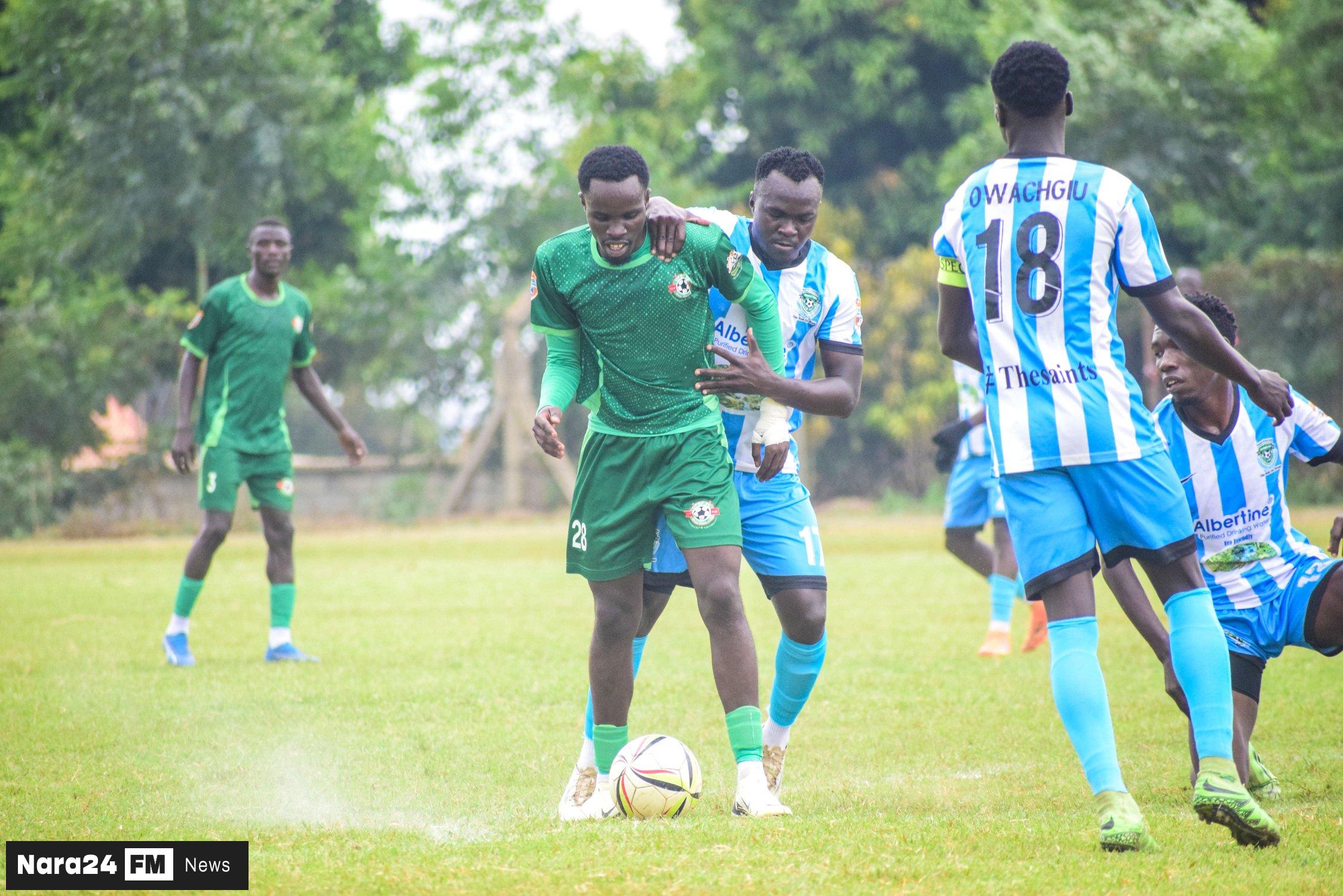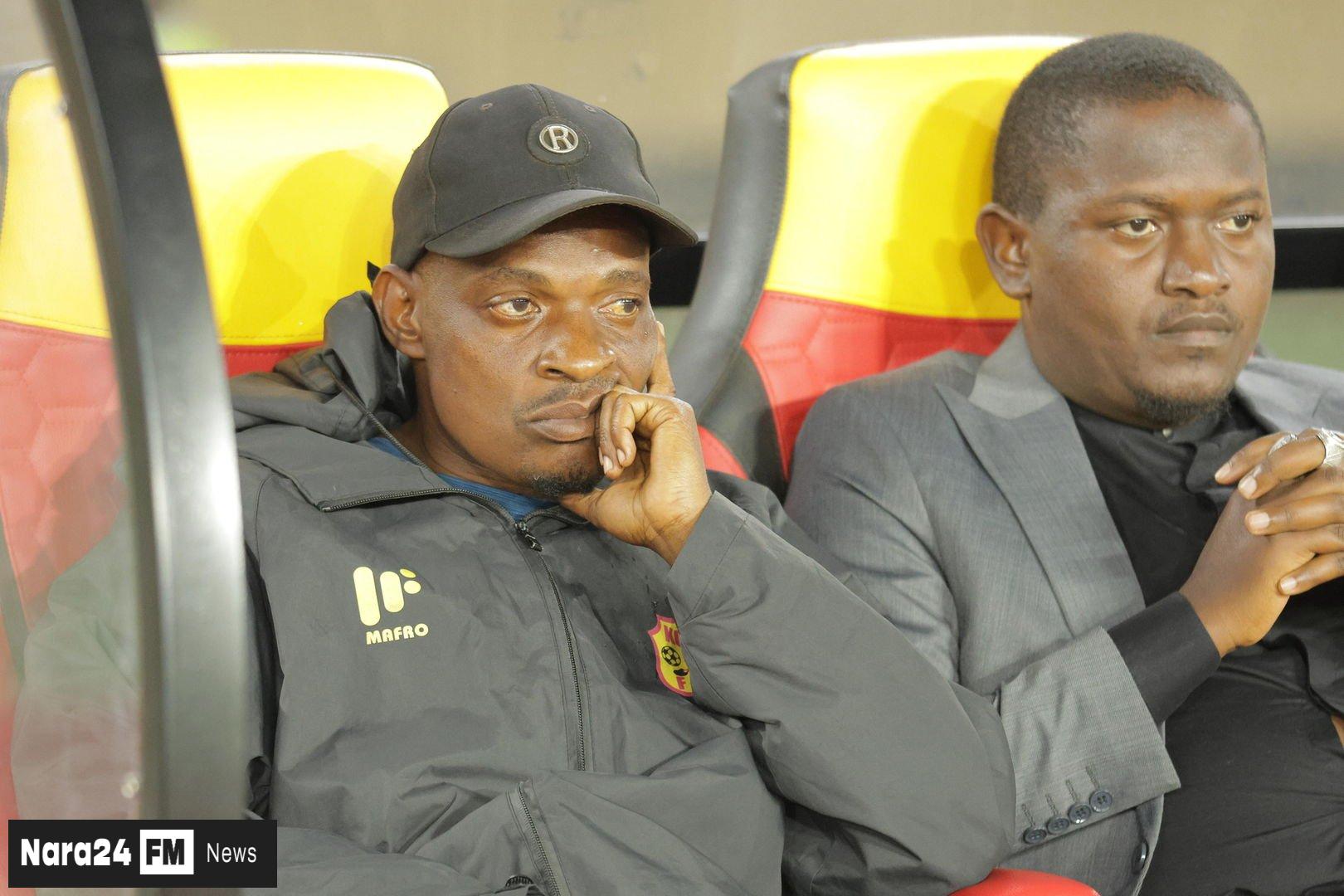The proposed R360 league, backed by former players and influential figures within the sport, has ignited a fierce debate over the future of rugby. The competition, which promises to introduce a new era of global franchises and enhanced financial backing, has drawn sharp criticism from established rugby unions. These unions argue that R360 threatens to fragment and weaken the sport, and have imposed a ban on their players participating in the breakaway league.
Roger Mitchell, a board member of R360 and former Scottish Premier League football chief, has emphasized that the decision ultimately lies with the players. "The players decide," he stated in a social media post. "This is only about what the players want. And I fear that a lot of traditional sport and its leaders haven't grasped that fact yet. The players decide," he wrote in a personal capacity.
Mitchell's remarks came just a day after a joint statement from rugby's leading nations warned that any player deciding to participate in R360 would make them "ineligible for international selection." The statement also expressed concerns about the potential negative impact on the sport as a whole.
As the debate rages on, players are faced with difficult decisions. England and British and Irish Lions fly-half Fin Smith, for instance, recently signed a new multi-year contract with Northampton Saints. When asked about his decision, Smith acknowledged the presence of R360 discussions in locker rooms but emphasized his commitment to playing for his country.
Meanwhile, fellow England, Northampton, and Lions back Tommy Freeman admitted that players are discussing the potential opportunities presented by R360. However, he expressed uncertainty about the competition and a lack of direct contact from R360 representatives.
The R360 concept, fronted by notable figures such as Mike Tindall and Stuart Hooper, promises a global competition featuring the world's leading players. It has secured financial backing from Dubai-based 885 Capital, a shareholder in the Baller League. The league aims to capture the attention of a new generation of fans and greatly reduce player load.
As the future of R360 remains uncertain, players, unions, and legal experts continue to navigate the complexities of this rugby rebellion. The battle lines have been drawn, and the outcome will depend on the decisions of the players and the ability of R360 to overcome the challenges it faces.








Comments (0)
Leave a Comment
Be the first to comment on this article!